In a major blow to the Maoist movement, top leader Mallojula Venugopal Rao ‘Sonu’ on Tuesday surrendered with 60 cadres in Maharashtra’s Gadchiroli district, according to CNN-News 18.
Sonu’s surrender has come weeks after he offered ceasefire and sought peace talks with the Centre. The surrender has come at a time when the Maoist movement has been significantly weakened from sustained operations by central and various state forces that have killed some of the top Maoist leaders this year.
In May, Chhattisgarh Police killed Nambala Kesava Rao alias Basavaraju, the General Secretary of Communist Party of India-Maoist (CPI-M), in forests in state’s Narayanpur district. Since Rao’s killing, several top leaders like Sahadev Soren, Raghunath Hembram, Virsen Ganjhu, and Modem Balakrishna have been killed.
Overall, 471 Maoists have been killed so far this year, according to UNI.
Separately, surrenders have also surged this year, with surrenders in Chhattisgarh reporting an 18 per cent increase as 1,040 Maoist cadres have laid down arms so far this year, as per the news agency.
‘Save yourself, don’t make meaningless sacrifices’
Sonu’s surrender has come days after he issued a letter to Maoist cadres and urged them “save themselves” and not make “meaningful sacrifices”, according to CNN-News 18.
In the letter, Sonu said that the armed struggle could not be continued under existing circumstances.
In the previous letter that emerged in September, Sonu had said that Maoists had decided to shun arms in the wake of changed national and global circumstances. He said that the CPI-M wished to join mainstream politics.
Impact Shorts
More ShortsHowever, Sonu’s unilateral surrender has shown the rift within Maoist ranks.
ALSO READ: Who is Mallojula Venugal Rao, the Maoist leader behind the ceasefire offer?
While the top leadership continues to believe in the armed struggle, at least three Maoist divisions —the Maad Division, North Bastar Division, and Gadchiroli Division— have issued statements supporting Sonu’s call to surrender call, indicating deepening divisions within the outfit, according to UNI.
Why Sunu’s surrender is big deal
Sonu was a member of the outlawed CPI-M’s politburo, the body within the central committee that essentially runs the organisation. He was also a member of the Central Military Commission (CMC), the outfit’s top military affairs body, and also served as its spokesperson under the nom de guerre of ‘Abhay’.
Sonu is also known by other names, such as Abhay, Bhupati, Vivek, and Rajan. His wife, Tarakka, and older brother, Mallojula Koteshwar Rao alias Kishenji, were also part of the Maoist movement. While Tarakka surrendered in Maharashtra last year, Kishenji was killed in a gunfight in West Bengal in 2011.
Sonu was the ideological head of the CPI-M as well as its communication specialist and the thread that connected it to the world outside the forests of Chhattisgarh, intelligence sources told The Indian Express.
“Sonu used to have ties with the outside world. He used to be the connect with Maoist sympathisers and frontal organisations. With his exit, it is clear that the Maoist party has suffered a setback,” an intelligence official told the newspaper.


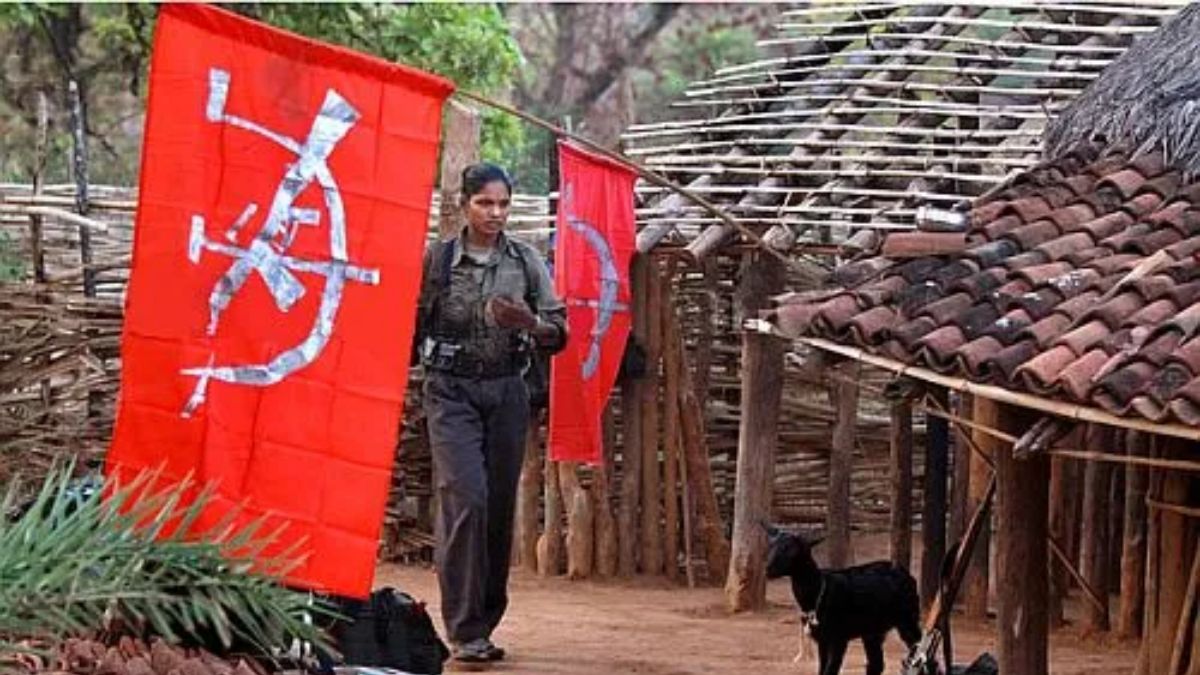)
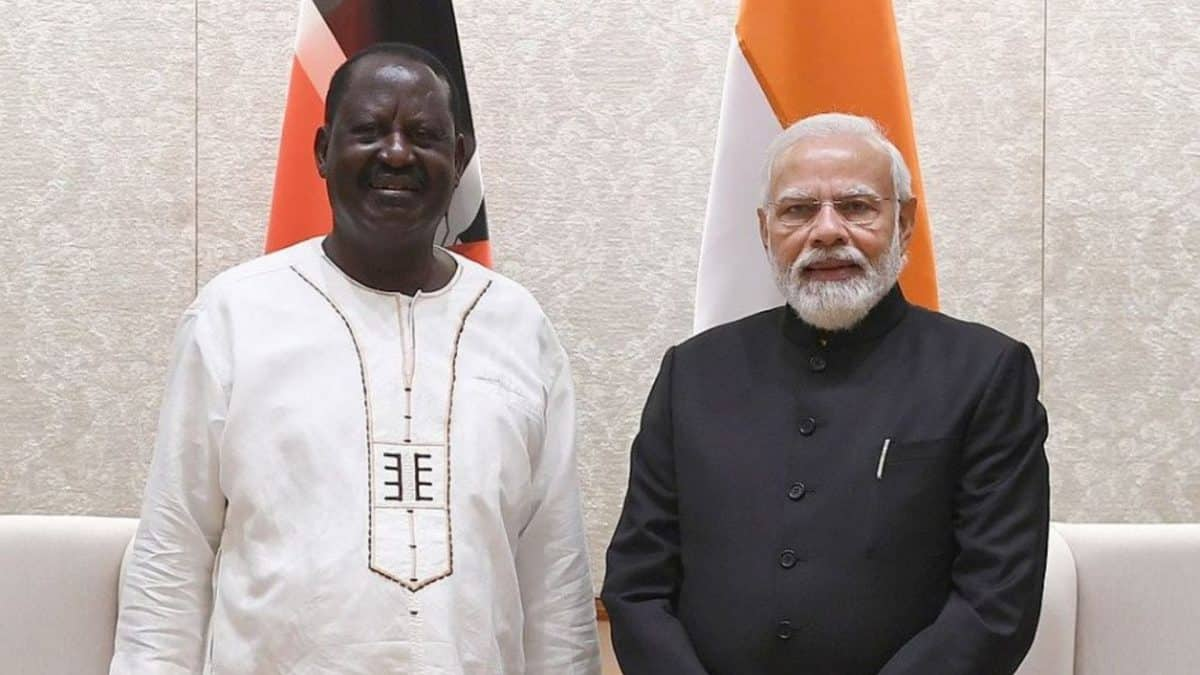
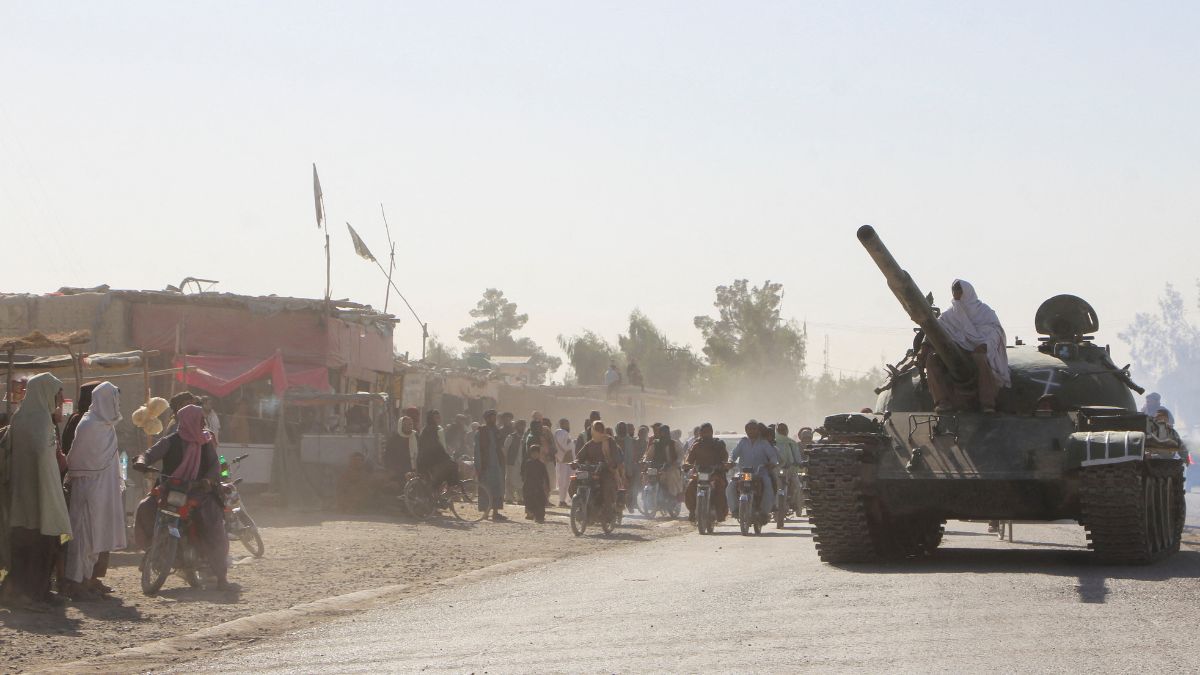)
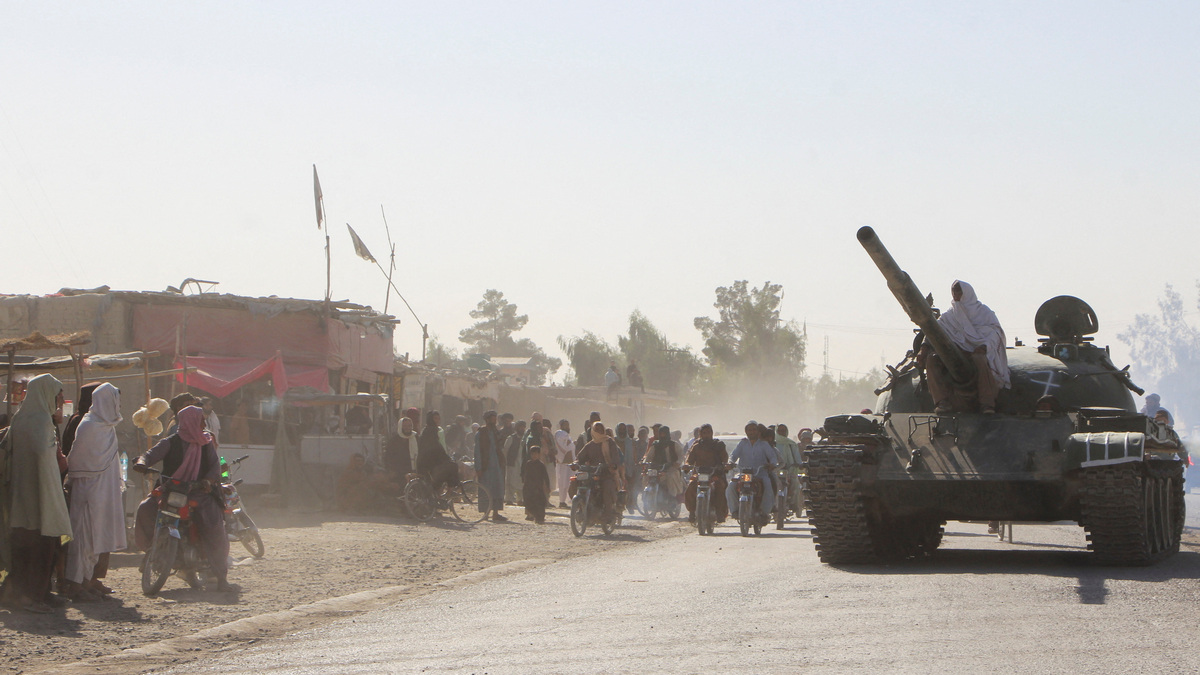)
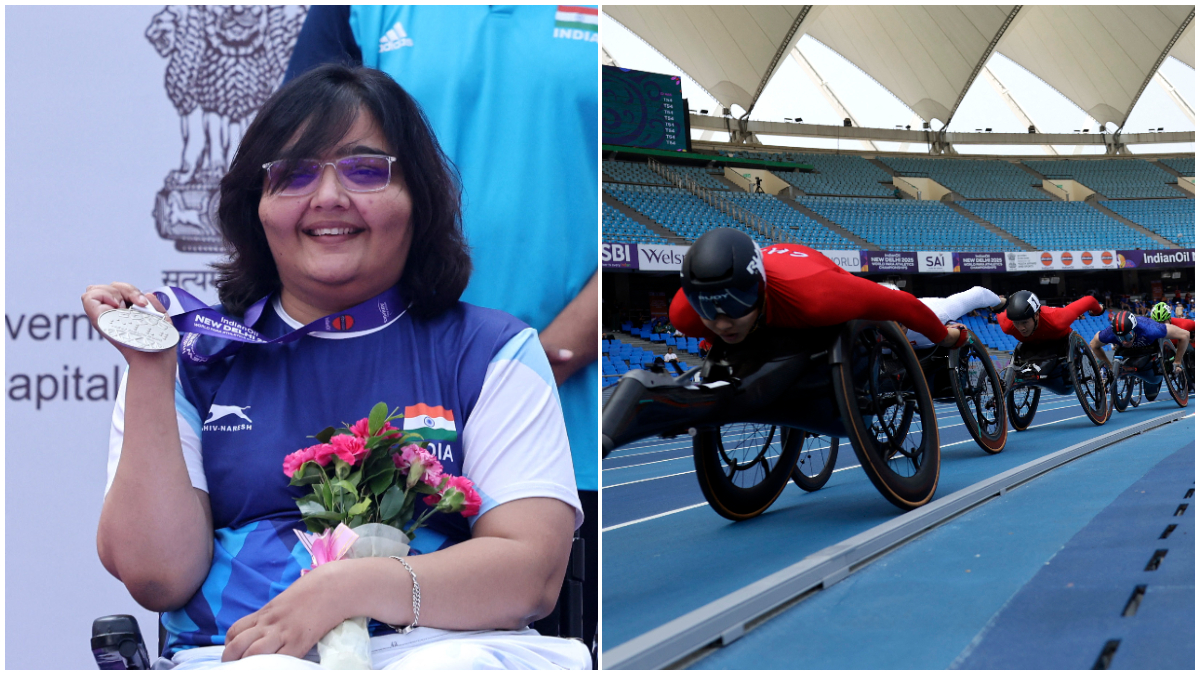)
)
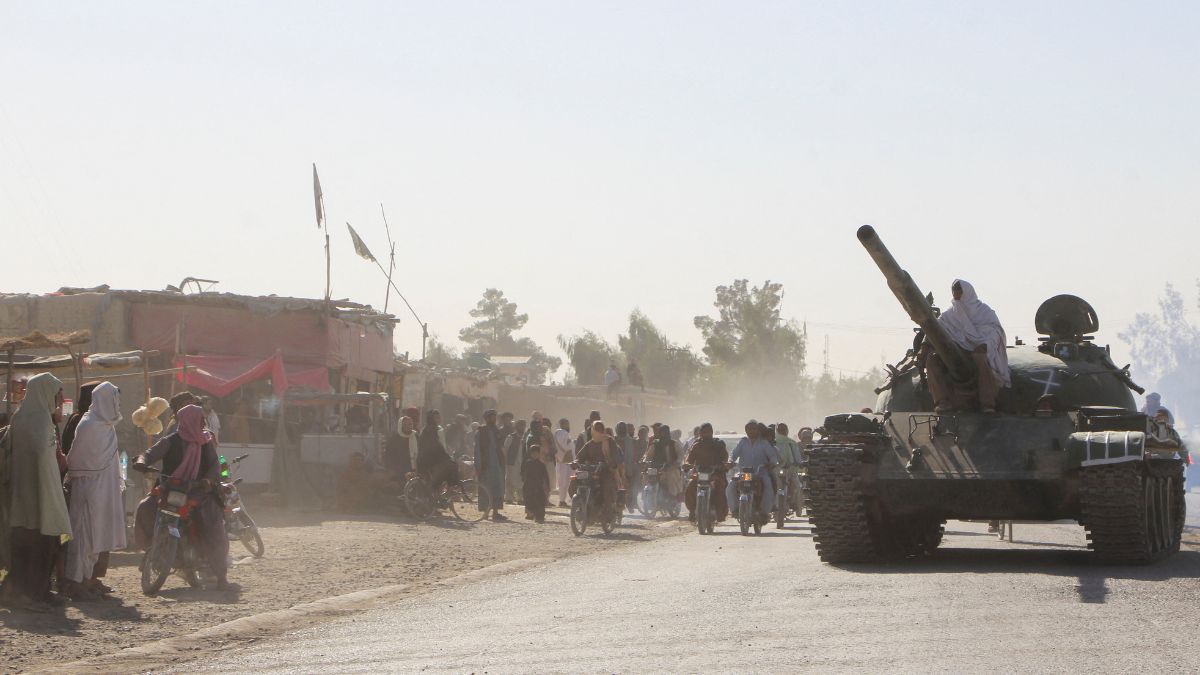)
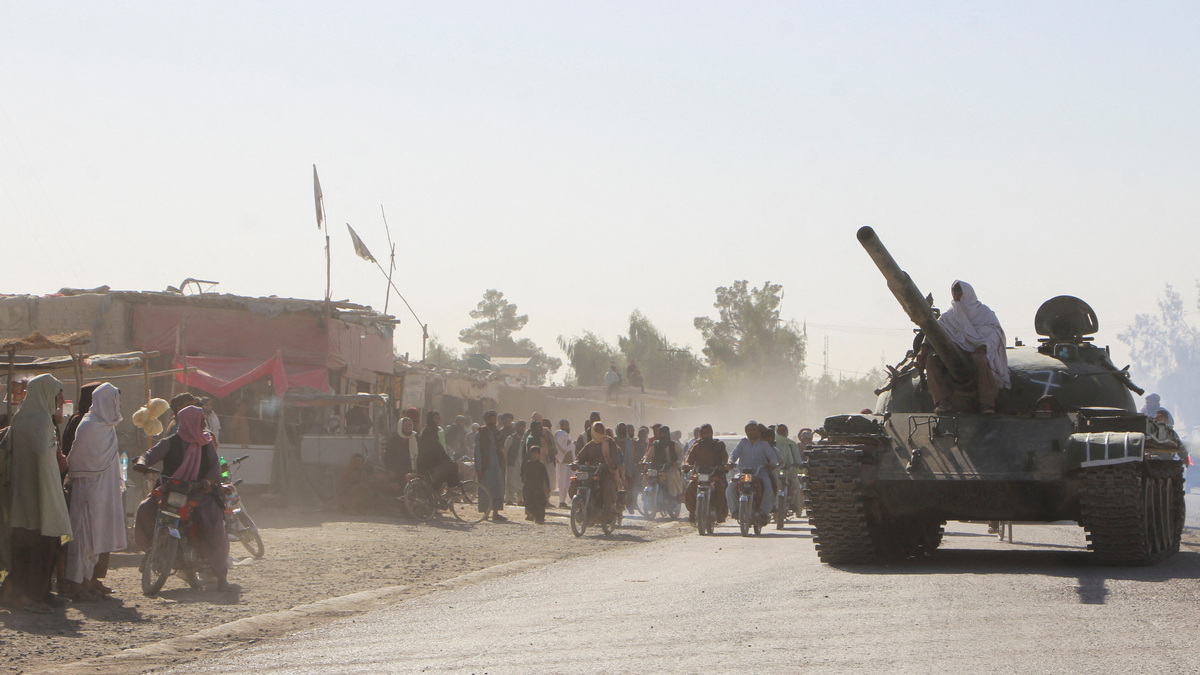)
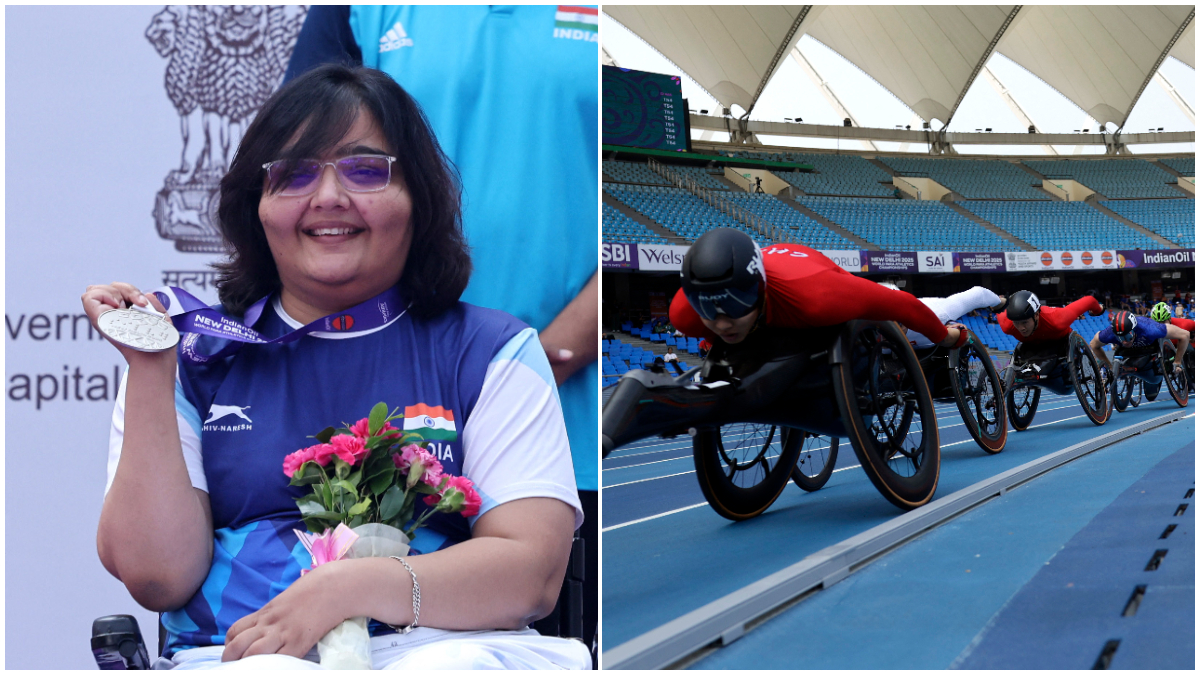)
)



